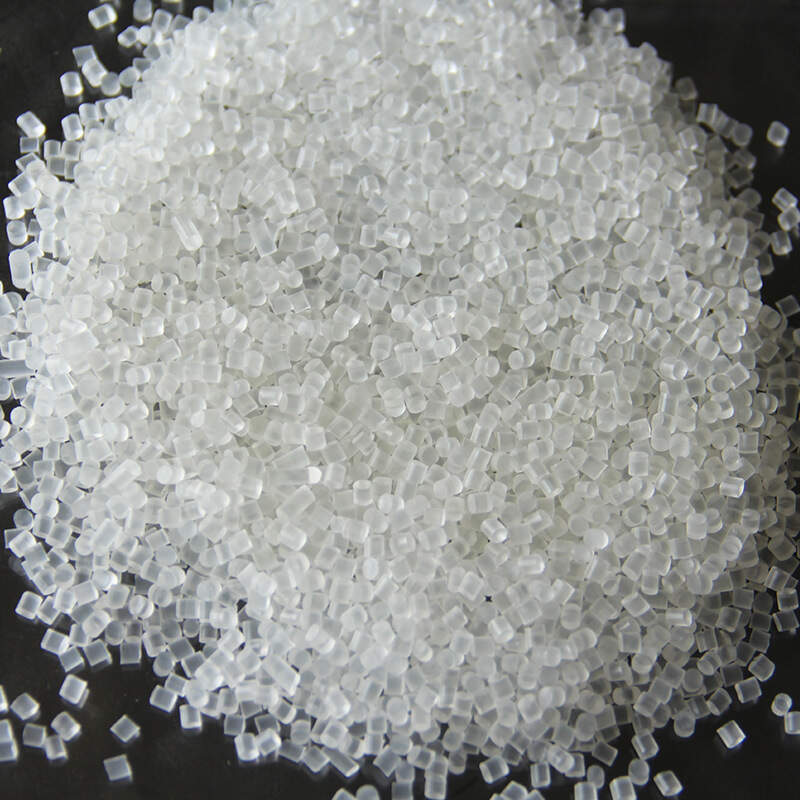Email format error
Email cannot be empty
Email already exists
6-20 characters(letters plus numbers only)
The password is inconsistent
Email format error
Email cannot be empty
Email does not exist
6-20 characters(letters plus numbers only)
The password is inconsistent

Offer Technical Support and Customized Solutions
The company is committed to creating new and improved plastic materials to meet the evolving demands of the market.

TPE Materials in Sealing Applications: A Comprehensive Overview
Thermoplastic elastomers (TPE) have emerged as a pivotal material in the manufacturing of sealing components across various industries. Combining the elasticity of rubber with the processability of plastics, TPEs offer a unique set of properties that make them ideal for applications requiring flexibility, durability, and environmental resistance.
Key Advantages of TPE in Sealing Applications
-
Flexibility and Elasticity
TPEs exhibit excellent flexibility and elasticity, allowing them to conform to complex geometries and maintain effective seals under dynamic conditions. This makes them suitable for applications where movement or vibration is common. -
Chemical and UV Resistance
Many TPE grades are resistant to chemicals, oils, and UV radiation, ensuring longevity and performance in harsh environments. -
Ease of Processing
TPEs can be processed using standard plastic manufacturing techniques such as injection molding and extrusion, facilitating efficient production. -
Recyclability
Unlike thermoset rubbers, TPEs can be melted and reprocessed multiple times without significant degradation, aligning with sustainable manufacturing practices.
Applications Across Industries
1. Automotive Industry
In the automotive sector, TPEs are extensively used for:
-
Door and Window Seals: Providing airtight and watertight seals that withstand temperature fluctuations and mechanical stress.
-
Under-the-Hood Components: Used in air filter seals and grommets due to their heat and chemical resistance.
-
Interior Components: Soft-touch TPEs enhance the tactile experience of interior parts like steering wheels and dashboards.
2. Construction Industry
TPEs play a vital role in building applications, including:
-
Window and Door Seals: Ensuring energy efficiency by preventing air and water infiltration.
-
Expansion Joints and Waterproofing: Accommodating structural movements while maintaining watertight integrity.
3. Consumer Goods
In consumer products, TPEs are favored for:
-
Appliance Seals: Used in refrigerators and washing machines for their flexibility and durability. Handheld Tools: Providing ergonomic grips that are comfortable and non-slip.
4. Industrial Applications
TPEs are employed in various industrial settings for:
-
Seals and Gaskets: Offering chemical resistance and flexibility in equipment and machinery.
-
Vbration Dampening Components: Reducing noise and mechanical vibrations in industrial equipment.
Conclusion
Thermoplastic elastomers have revolutionized the design and manufacturing of sealing components across multiple industries. Their unique combination of flexibility, durability, and processability, along with environmental benefits like recyclability, make them an optimal choice for modern sealing applications. As industries continue to seek materials that meet performance and sustainability criteria, the role of TPEs is poised to expand further.

